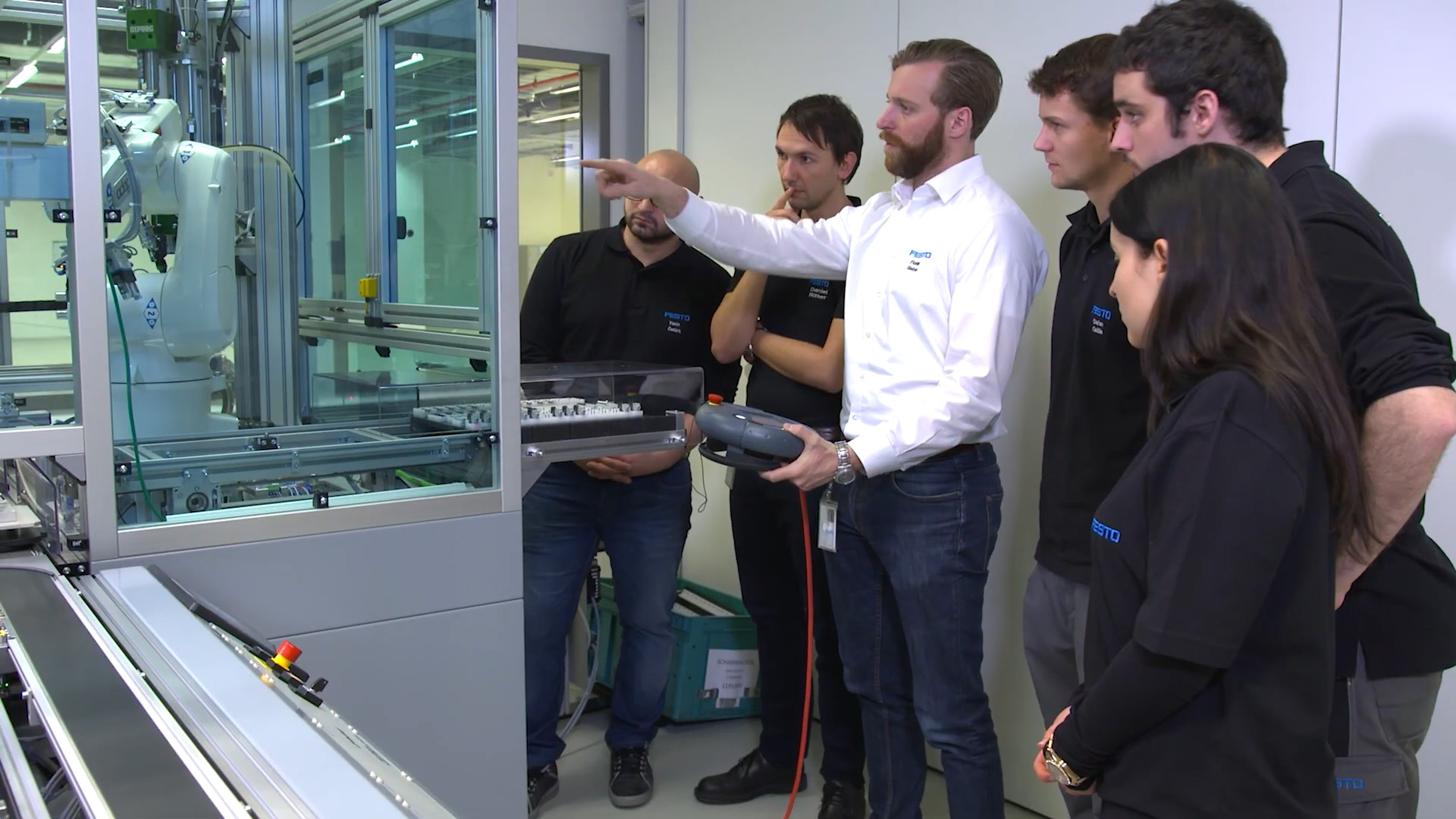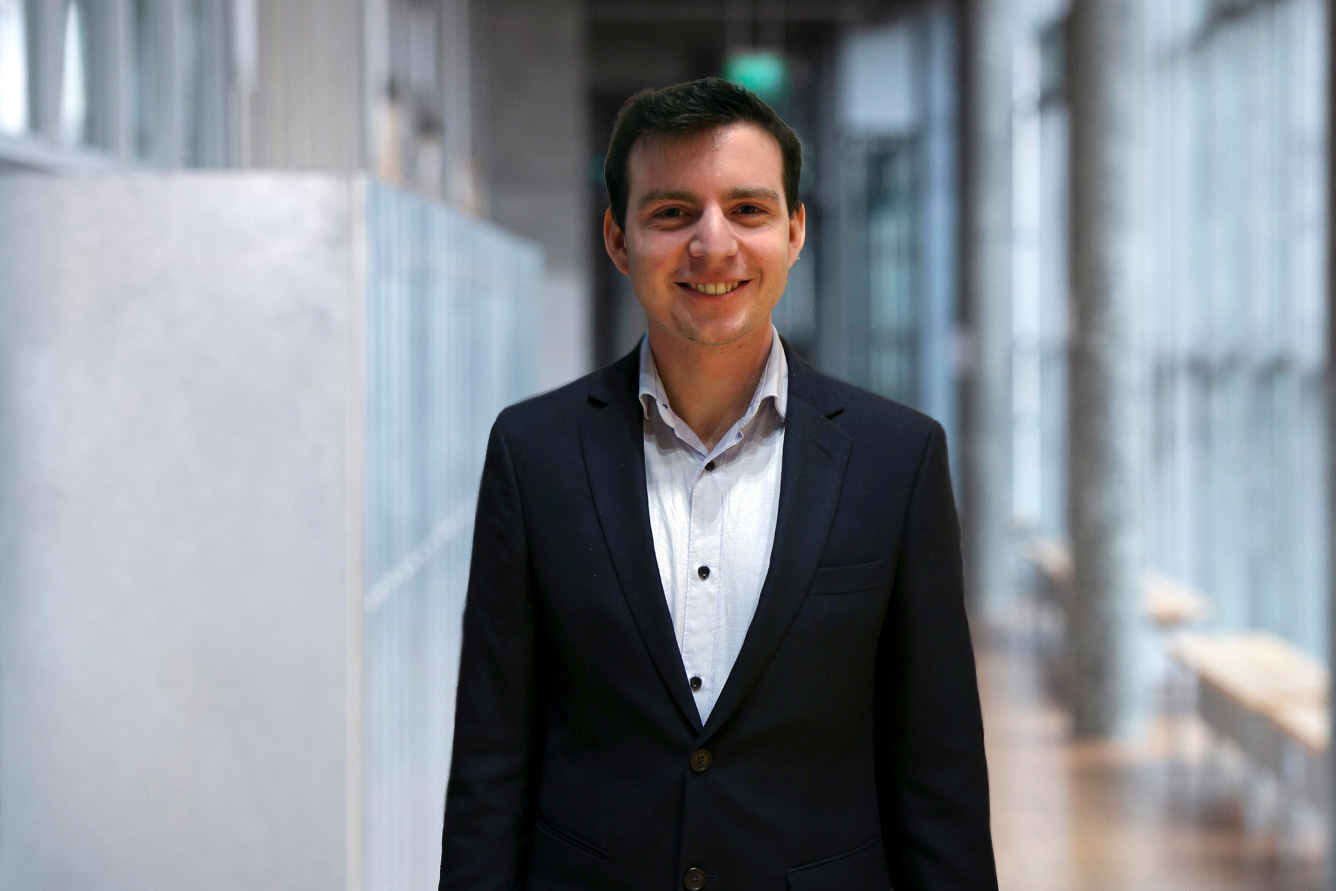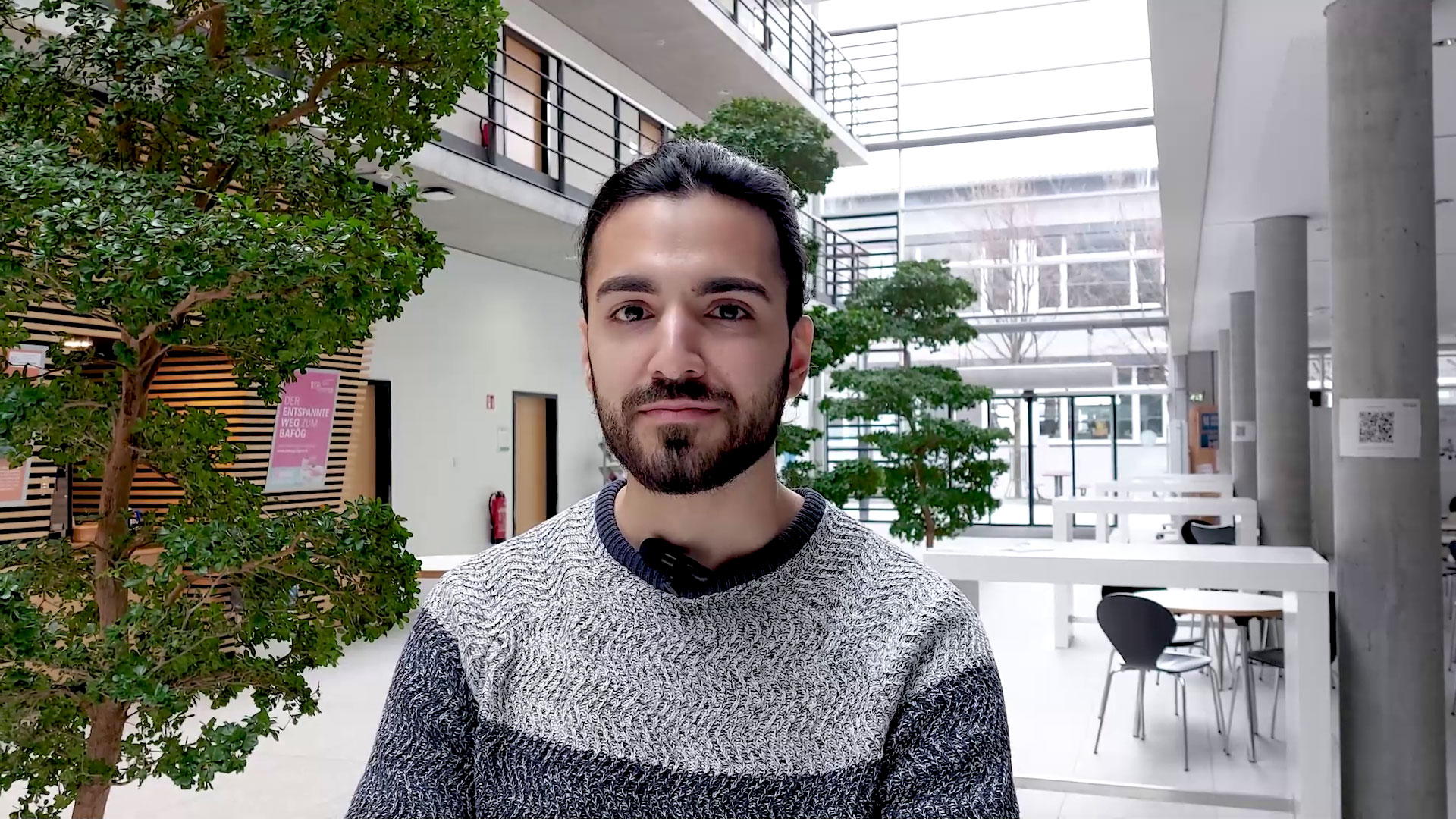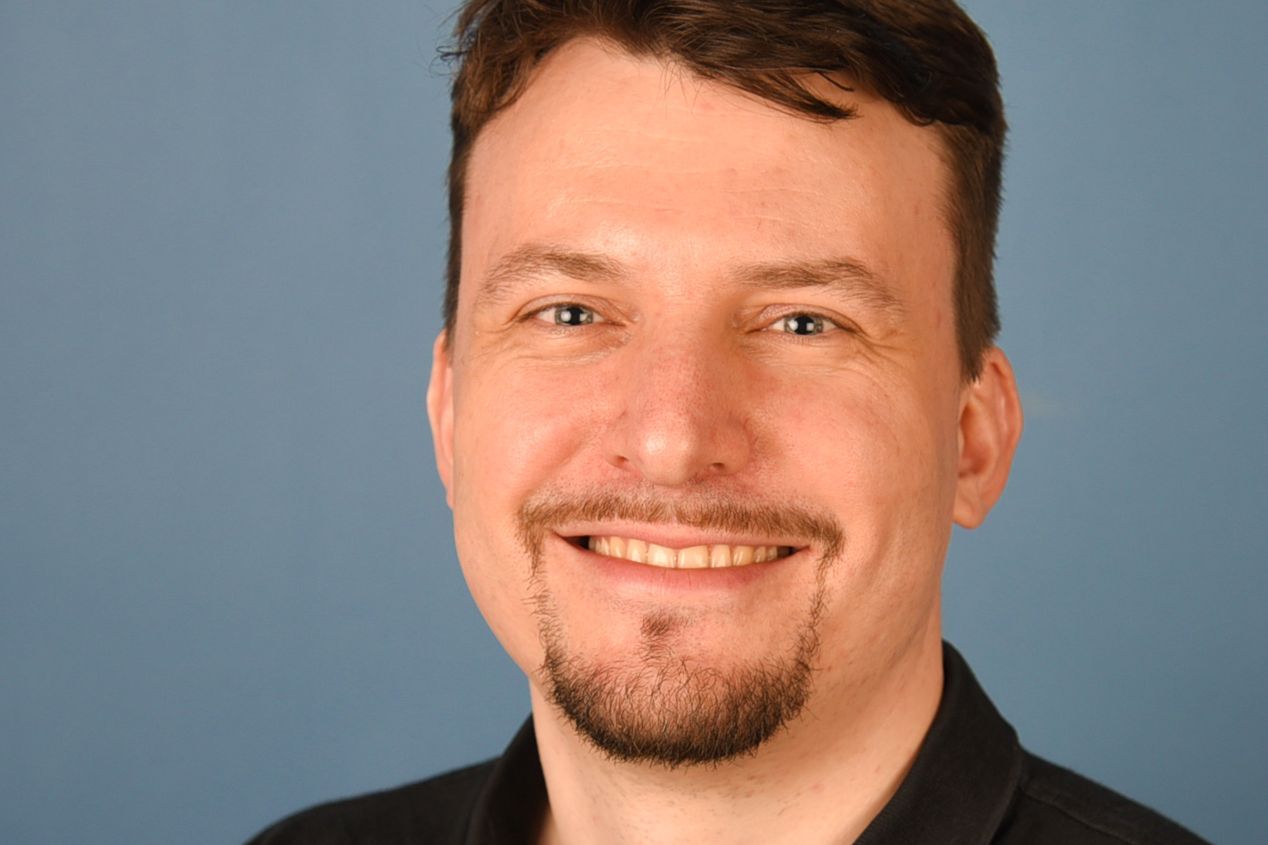Content Information
The Master in Applied Computer Science offers you three specialisations: Autonomous Systems, Data Science, and IT Security In this research-oriented degree programme, you will complete a research project and a publication.

Networked information technology is now penetrating into all areas of life. Whether it is autonomous systems, the analysis of large amounts of data, or the improvement of existing IT systems, information technology systems are there in daily life and at work. Have you already completed a Bachelor’s degree in computer science or a computer science-related degree and want to deepen your knowledge of this field? The Master in Applied Computer Science offers you plenty of opportunity for development!
Top flightCHE-Ranking 2024
Campus Hilltop
Period in semester3 Semester
Languages of instructionGerman/English
Application PeriodWinter semester: 30 April to 15 July
Summer semester: 31 October to 15 January
Admission RequirementsRelevant Bachelor’s degree
The Master in Applied Computer Science offers you three specialisations: Autonomous Systems, Data Science, and IT Security In this research-oriented degree programme, you will complete a research project and a publication.
In the Master’s programme, you will learn more advanced theories of computer science. In this way, you can deepen the specialist knowledge from your focus areas. This qualifies you for both development and management positions in industrial companies. You also have the opportunity to do a doctorate and subsequently work in research.
Specialists in Information Technology are in high demand. After your degree, there will be many career opportunities on offer.
Become a specialist or leader in:
Autonomous systems:

Data Science:
IT-Security:

You apply for this degree programme online via the campus management system HEonline of the Hochschule Esslingen.

Check the requirements
The admission and enrolment regulations as well as the special selection criteria for Master's degree programmes inform you about the application requirements for this degree programme.
Enrol in the application portal
You register in the “HEonline” application portal of Esslingen University of Applied Sciences with your personal data and enrol for the degree programme you would like to take.
Upload your documents
You upload your documents and certificates in the HEonline portal. We need your documents by the enrolment deadline at the latest.
All done!
Once you have uploaded all documents by the deadline, we will process your application. You will be informed as soon as possible after the application deadline whether we can offer you a place on this degree programme.
You will gain in-depth knowledge in the areas of advanced software engineering, artificial intelligence, security engineering and theoretical Information Technology. This enables you to work in engineering and methodically implement and manage software projects with a special focus on IT Security. The two research projects teach you abstract thinking, systematic thinking and team skills

“After completing the Bachelor’s programme in Computer Engineering, I decided to take the Master’s programme in Applied Computer Science. The two-semester research project was particularly exciting, in which I investigated current AI research questions together with a fellow student and a supervising professor. The lectures on security and artificial intelligence prepared me perfectly for my career start at Trumpf SE + Co KG.”
Gabriel Goldschmitt, Masters student at Trumpf SE + Co. KG
First I did a Bachelor in Business Information Systems. To deepen my IT knowledge, I then chose the Master of Applied Computer Science. I chose Esslingen University of Applied Sciences because I wanted to benefit from the university's good reputation.
Farbod Vakili, Master student Applied Computer Science
Studying Applied Computer Science was good preparation for my role as product manager. A particularly useful aspect was the academic approach adopted in research projects, lectures and insights into current fields of interest in conjunction with the cultural and personal experiences I gained during my semester abroad. The skills I acquired enabled me to hit the ground running when I joined the Vector Trainee Programme for top-flight graduates and I’m now the Solution Manager for the Persistency and Gateway Solution.
Tobias Horn, Product Manager Vector Informatik, Alumnus Applied Computer Science (M.Sc.)
Find the elective modules that match your interests and put together your individual specialisation.
The cooperation with Fraunhofer offers you a selection of interesting and current research topics.
During your studies you will complete a research project and gain insights at KEIM.
You have the opportunity to do a cooperative doctorate at a partner university or in KEIM with the University of Stuttgart.
Whether directly after your Bachelor’s degree or in the middle of your professional life, the Master’s in Applied Computer Science is open to you.
We support parents as well as students with responsibilities for children and relatives in their studies with advisory services.
Get started
find a course